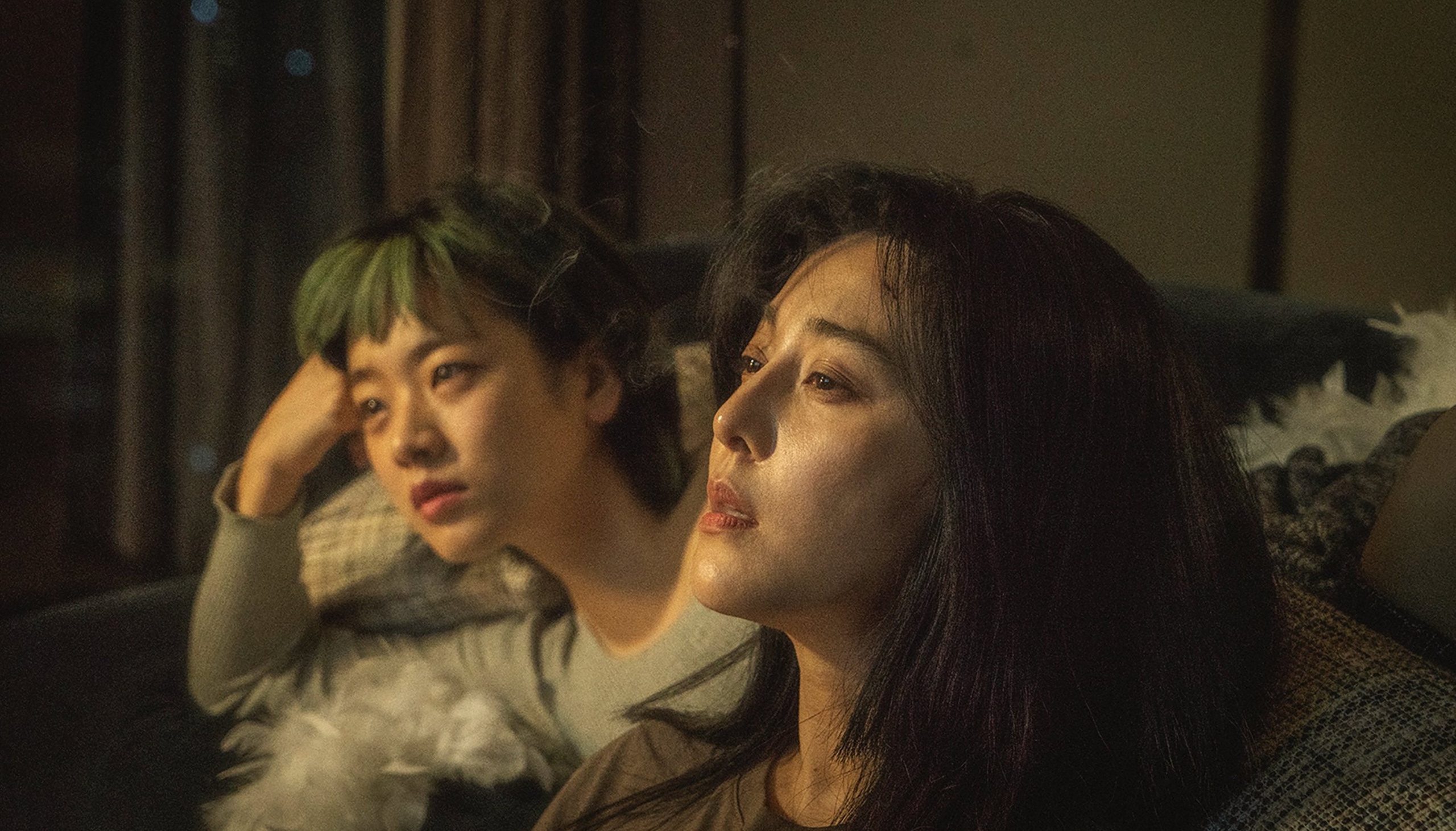Returning to the limelight after a few years away is never easy, and that’s been especially true for Fan Bingbing in the years since the Chinese superstar she was fined $127 million for tax evasion in 2018. Although, for some, it might feel like Fan never really went away, despite being blacklisted in mainland China. Not only was she able to maintain a social media presence during this time, finding new success in her personal brand Fan Beauty, she also appeared in two Hollywood films that cast her before the tax scandal came to light.
Unfortunately, both “The 355” and “The King’s Daughter” are so bad that Fan would have benefited from being blacklisted there too, especially after she picked up a Golden Raspberry Award nomination for Worst Supporting Actress in 2022. Undeterred, Fan was able to find a plum role in “Green Night,” the sophomore feature by “Summer Blur” director Han Shuai. Where that coming-of-age story threw a troubled teenage girl into a dangerous adult world, “Green Night” raises the stakes by thrusting a fully adult woman into an even more hostile environment, where she too comes to know herself better while navigating a world that wasn’t built for her.
Fan plays a Chinese immigrant named Jin Xia who works at South Korea’s Incheon Airport where she screens visitors at a security checkpoint. One day, she encounters a slightly off-kilter — yet strangely mesmerizing — young woman (Lee Joo-young from Hirokazu Kore-eda’s “Broker”) who’s clearly up to no good at customs. But with a flick of her green hair and a whisper of the word “bang” in Jin’s ear, Lee’s character almost literally blows up her life, sending both of these women sprawling on a reckless night where “Be Gay Do Crime” becomes a survival mantra in the neon-drenched streets of Seoul.
Both women have been pushed to the brink by men they despise. For Jin, it’s her abusive husband, Lee Seung-hun (Kim Young-ho), a fundamentalist Christian with a fundamental rage problem; he terrorizes his wife knowing he’s the only reason she can legally stay in the country. For “The Girl with Green Hair” (as she’s credited throughout), it’s her non-verbal boss, a vicious sadist who must be escaped. But now, as these characters teeter over the edge together, the unspoken attraction growing between them is just as freeing as the defiant bond they’ve suddenly forged together.
It’s no wonder that Fan chose “Green Night” to restart her cinematic career. Jin is trapped when we first meet her, suffocated by a system that rewards cruelty against women while punishing those who dare push back. Now in her early forties, working her way back in from exile, Fan clearly sees something of herself in Jin, and it’s heartening to see something of the former Fan here again, reminding us why she first became such a formidable force in Chinese cinema from the late ’90s on.
Yet there’s something missing still, as if Fan is holding back or can’t quite lock into that final piece of her character. It could also be the script itself, which lacks some of the nuance needed to push Jin beyond an avenging angel into something just a tad more relatable. The same can also be said for Joo-Young’s nameless character, who verges on becoming a Manic Pixie Dream Girl at points, dyed hair and all, although there’s much more of an edge to her, and any trope-like tendencies that might arise are through no fault of her own. But for all that hesitancy there’s searing chemistry to be found between the leads; their contrasting personas come alive in each other’s company, whether they’re breaking into a hotel room, dancing to “Jingle Bells,” or riding together on Jin’s scooter, clinging on tight as Jin carries them forward through the seedy underbelly of South Korea’s capital.
And this isn’t the Seoul you know from cozy K-dramas or flashy K-pop music videos for that matter. As “Green Night” frantically veers into increasingly violent directions, the one constant is how beautiful these seedy locales are shot. Together, joint cinematographers Matthias Delvaux (“Old Beast”) and Kim Hyun-seok (“Poetry”, “A Girl at My Door”) lurch into neon-noir territory with moody shots that propel us through alleys and claustrophobic apartments to Noryangjin fish market stalls and one unforgettable scene in a ten-pin bowling alley. There’s an element of early Wong Kar-wai to the tone here (think “Fallen Angels”), and it’ll definitely make you want to take up smoking if you don’t already. Shuai brings some ingenious unique touches of her own as well, such as the stickers that depict birds in flight but are physically stuck on a window, speaking to Jin’s predicament with an elegant simplicity.
If only “Green Night” could channel a bit more of Wong Kar-wai’s “Happy Together.” There’s so much power to be found in the idea of “Be Gay Do Crime,” that the only way queer people can survive and thrive in an unjust system is to be unjust ourselves, yet Shuai’s script for “Green Night” isn’t nearly as transgressive as you might expect in that regard. The central connection is palpable, speaking yet again to the talents of the film‘s two leads, but the queerness that beats at the heart of it is often vaguer than it needs to be, just a silhouette in the night rather than a shadow play of outright love and desire.
Other key topics, including economic migration, gender inequality, domestic violence, and the question of what it means to be a victim, are given far more weight, but it’s the queerness — as ill-defined as it is — that has the potential to set “Green Night” truly apart from the various “Thelma & Louise” homages of the world. As it stands, this new chapter of Fan Bingbing‘s career is not just a visceral calling card for her talent, but also a stark reminder that you’d be wrong to count out women anywhere, no matter their hardships or the odds stacked against them.
Grade: B-
“Green Night” will be available to rent on VOD and stream on Film Movement Plus starting Friday, October 18.
Want to stay up to date on IndieWire’s film reviews and critical thoughts? Subscribe here to our newly launched newsletter, In Review by David Ehrlich, in which our Chief Film Critic and Head Reviews Editor rounds up the best reviews, streaming picks, and offers some new musings, all only available to subscribers.



